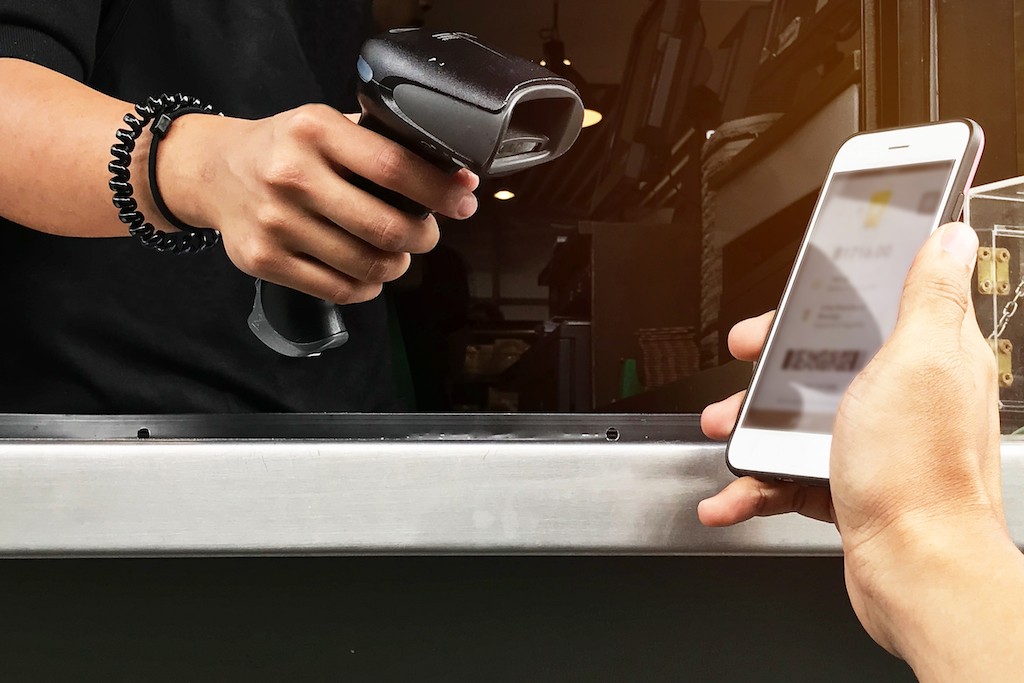Popular Reads
Top Results
Can't find what you're looking for?
View all search resultsPopular Reads
Top Results
Can't find what you're looking for?
View all search resultsThe future of digital banking in Indonesia
In light of these rapid developments, banks need to take on a “start small and think big” mentality. Incumbent banks need to look for rapid implementations and quick minimum-value-proposition (MVP) launches to innovate.
Change text size
Gift Premium Articles
to Anyone
T
he coronavirus outbreak has shaken entire economies, populations and communities around the world. With more people staying in and working from home, the industry is witnessing how the global health crisis has spurred banking customers to embrace digital services in coping with lockdown measures.
Closer to home, banks across Southeast Asia are reporting an unprecedented surge in digital services and an increase in the registration of digital banking accounts in the last few months. In Indonesia, state-owned Bank Rakyat Indonesia saw a 10 percent month-on-month increase on its mobile banking channels alone. Similarly, in the fintech space, online lending is seeing a rise in demand as companies across the country are placing staff on unpaid leave, or dismissing them altogether.
Today, Indonesia is a market ripe for digital banking because of its largely unbanked population and high mobile penetration rate. However, to keep pace with growing demands, traditional banks with legacy models are faced with the urgent challenge to digitally transform their services as COVID-19 intensifi es both consumers and businesses’ need for availability, access, and control of digital banking services.
While incumbent powerhouses like DBS and Indonesia’s Bank Tabungan Pensiunan Nasional (BTPN) have launched standalone digital off erings, big techs such as Gojek’s GoPay and Lippo Group’s OVO are fast encroaching into the same space for a share of the pie.
Together, they account for more than 55 percent of all digital payments in the country. Further to this, Facebook is also preparing to apply for regulatory approval to launch a unifi ed payment service in Indonesia.
In light of these rapid developments, banks need to take on a “start small and think big” mentality. Incumbent banks need to look for rapid implementations and quick minimum-value-proposition (MVP) launches to innovate.
This is where a lego building block architecture like Backbase can provide banks with a headstart through a flexible platform on top of which banks can continuously innovate. This lego analogy or modular setup paves the way for faster, more agile ways of working. Such a modular architecture allows banks to create and alter processes, products or channels as needed, without severe repercussions to the overall legacy infrastructure. Modular banking is the key to fi netune processes, driving efforts towards a future-proof digital banking platform.
Banks also traditionally adopt a product-focused and hard-selling mindset in terms of their financial offerings and services. Instead, a paradigm shift from selling products to solving customers’ pain points would immensely change the game. Meanwhile, Big Techs and neobanks are providing solutions which are fuss-free, quick and aff ordable on top of providing a seamless and enjoyable user experience. The shift towards personalization at scale will give banks the competitive edge.
Further to that, an open banking framework can further accelerate banks’ digital transformation efforts. Bank Indonesia has announced open banking standards to create a unifi ed national payment system by 2025. The country’s big banks need to follow suit and take from the government’s playbook by unleashing their own application programming interfaces (APIs) and open banking initiatives from their own systems.
This is especially critical in the increasingly fragmented fintech market — there are thousands of apps which off er niche services to various verticals in the ecosystem. This is a golden opportunity for Indonesia’s traditional banks to provide a platform for local fintech players to develop their solutions while ensuring data security and compliance.
An open banking platform will see traditional banks help niche players reduce technical costs for instance, if it shares its know-yourcustomer (KYC) metrics or loan affordability metrics in an API.
Lastly, data is the new oil. In this digital era, 2,000 payment transactions are now being processed every second in Indonesia. Embedded within these transactions are valuable data that offer insights into consumer patterns and needs, as well as credit score among others.
Analysis into these data helps banks tailor targeted solutions to win customers over. Possession of such data has thus become critical to maintain competitiveness and gain market share.
Banks need to reinvent themselves, at a pace quicker than the big techs and technologically savvy neobanks, lest they lose out in the digital banking rat race. The future of banking is set to take off with eyes on incumbents, neobanks and the big techs.
Who will emerge the winner?
______________
Regional director of Asia at Backbase










